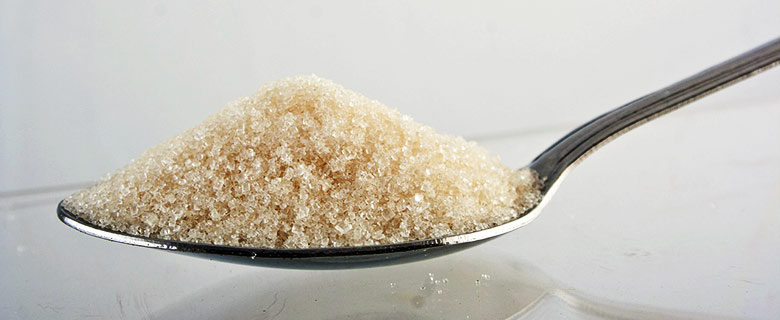
A report has suggested that a tax on sugary drinks should be introduced.
It was written by the Commons’ Health Committee, a cross-party group of MPs, who have been looking into the viability of such a move.
In their findings, the committee has said that there is ‘compelling evidence’ that a tax would help reduce consumption and combat childhood obesity.
They did admit that there was no silver bullet, but they did state that calls for a tax could no longer be ignored.
So far, the government have been rather tight-lipped on the issue but it is known that senior figures do not support such a move.
Perhaps unsurprisingly, bodies from the food and drinks industry say that the introduction of a financial levy would be unfair on consumers.
An official government report is set to be published early next year.
In the report, the committee looked towards evidence from Mexico. The Central American country introduced a 10% tax on sugary drinks and has since seen consumption fall by around 6%.
As well as the introduction of a tax, the committee has also called for: tighter restrictions on marketing; a complete ban of television adverts being broadcast before the watershed and the clear labelling of sugar contents on specific products.
“We believe that if the government fails to act, the problem will become far worse,” said the committee’s chair, Dr Sarah Wollaston.
“A full package of measures is required and should be implemented as soon as possible.”
Aside from the report, celebrity chef Jamie Oliver has also been campaigning for the introduction of a sugar tax, and a review by Public Health England also called for similar measures.
According to official recommendations, children should get less than 5% of their energy from sugar. However the National Diet and Nutrition Survey found that teenagers were getting in excess of 15% from added sugars, such as those in fizzy drinks.
But, speaking against the proposals, Ian Wright of the Food and Drink Federation said that the report was “disappointing.”
“No-one seems to have considered hard-pressed consumers in all this.”
“If introduced [the tax] would inevitable be increased year-on-year and extended to other foods,” he added.
Where do you stand on the sugar tax debate?
